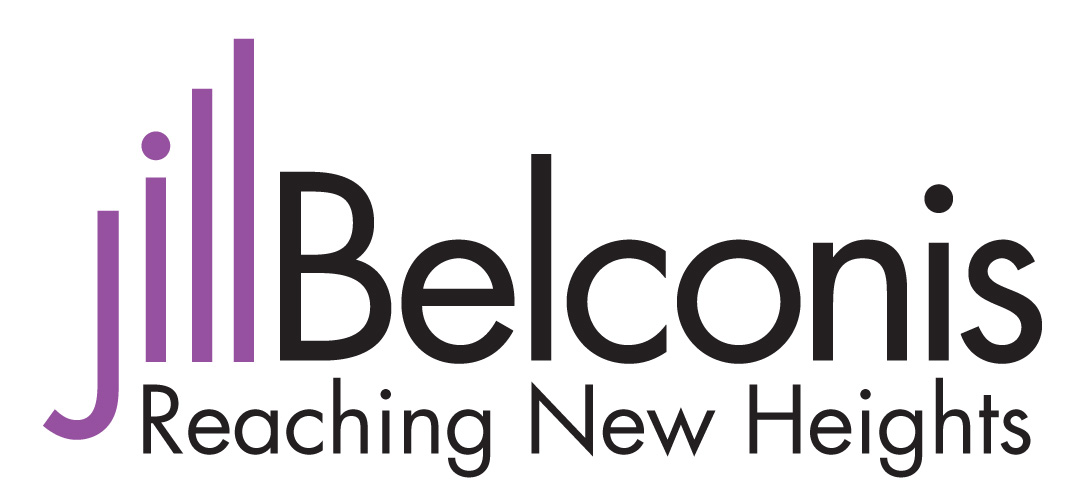When I work with executive teams, the greatest challenges almost always come back to people, even when the strategy and process are solid. Over and over, I see that how individuals show up for each other determines the speed, the trust, and the overall health of the team. One framework that consistently makes a meaningful difference is Patrick Lencioni’s Ideal Team Player model: Humble, Hungry and Smart.
What I appreciate about this model is its clarity. It reminds us that extraordinary teamwork is not built on talent alone. It is grounded in behavior and in the choices people make every day.
Lencioni breaks these behaviors into three essential traits. Each plays a critical role in building strong teams.
Humble
The foundation of trust. Humble teammates admit mistakes, share credit and approach work without ego.
Hungry
The engine of progress. Hungry teammates take initiative, lean in, and look for ways to contribute beyond what is required.
Smart
Not IQ. People smarts. Smart teammates read the room, communicate thoughtfully and understand the impact of their behavior.
Whenever one of these is missing, friction increases and miscommunication grows. But when a team consistently demonstrates all three, collaboration becomes more natural and conflict becomes more productive.
For leaders who are hiring or developing their teams, tools like Lencioni’s online Ideal Team Player assessment can offer helpful insight into how these three virtues show up in individuals. I have seen teams gain tremendous value from simply discussing where they feel strong, where they feel stretched, and how these behaviors appear in their daily interactions.
The heart of a strong team is how people treat each other every day. When Humble, Hungry, and Smart behaviors guide interactions, trust grows, collaboration flows, and the team becomes capable of far more than the sum of its parts.


